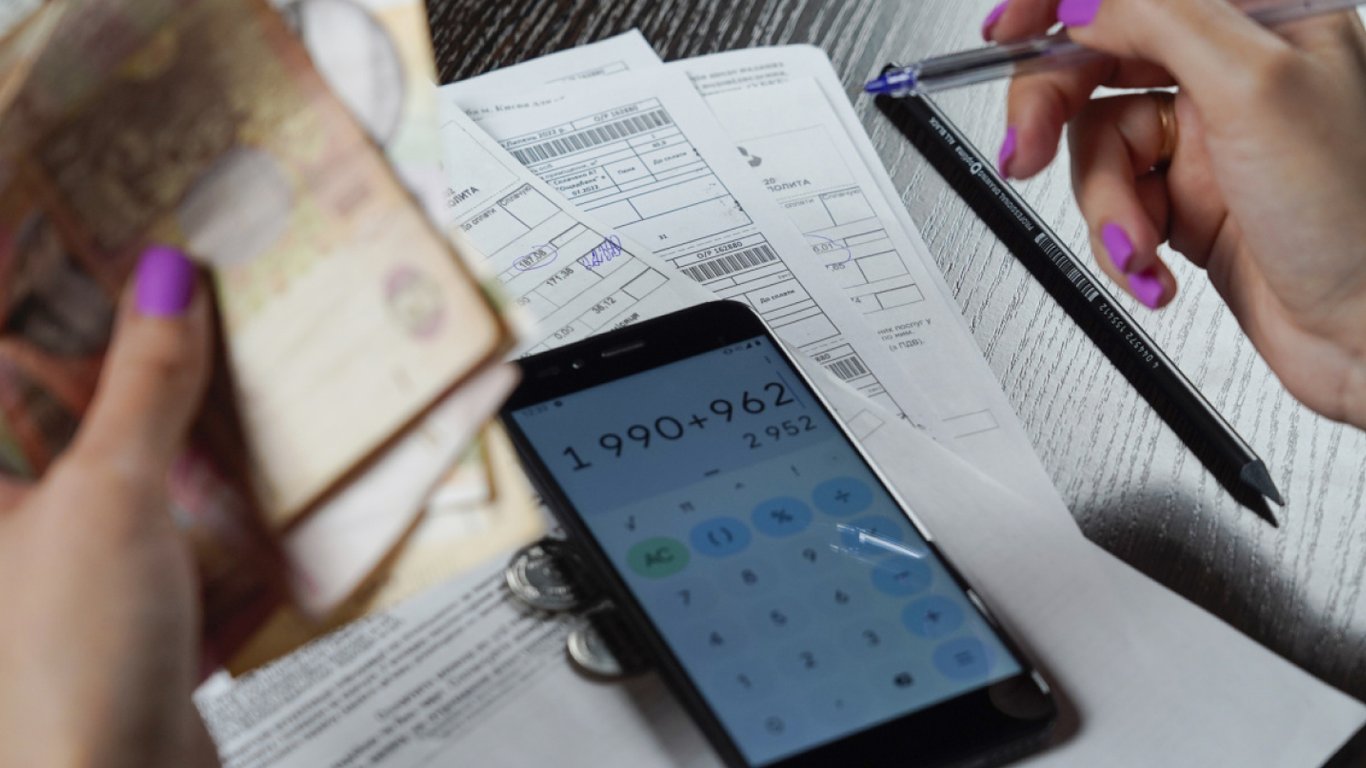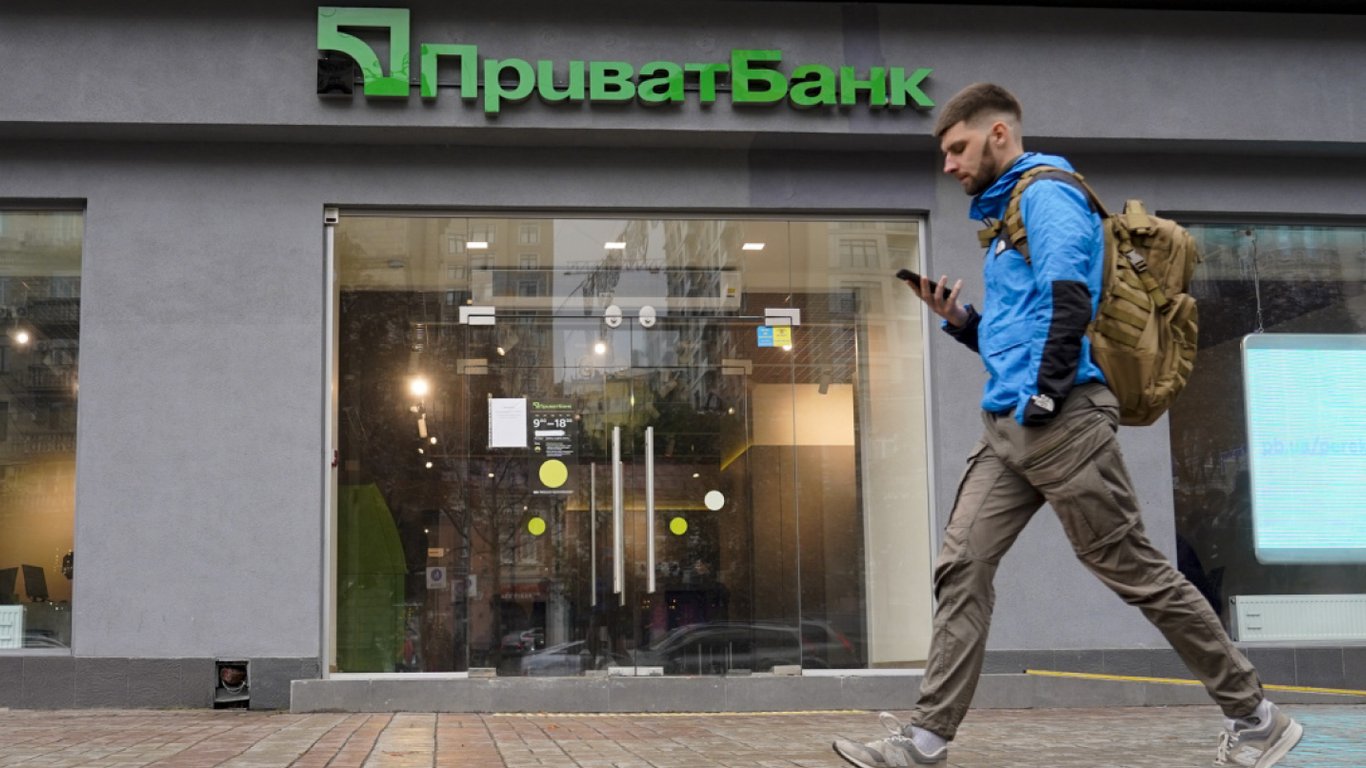Former German Chancellor Schröder's Account Blocked Due to Funds from Gazprom.


The German bank Sparkasse has blocked the account of former German Chancellor Gerhard Schröder due to transfers from Russia, reports Bild.
According to the publication, most of the funds were coming from Gazprom's Swiss subsidiary - the operator of the Nord Stream 2 pipeline.
Bank Blocks Former Chancellor's Account
Schröder heads the supervisory board of Nord Stream 2, which transferred him about 200,000 euros every six months. However, since mid-2024, Sparkasse has begun to return these payments to Luxembourg.
In total, the 81-year-old former chancellor has been unable to receive around half a million euros. Representatives of the German bank explained their actions due to concerns about falling under secondary American sanctions.
Notably, just a few weeks before the account was blocked, in June 2024, the mayor of Hanover, Belit Onay from the Green Party, became the chairman of the board of Sparkasse Hannover. Onay sharply criticized Schröder and advocated for the revocation of his title of honorary citizen of the city for refusing to sever ties with Russia after the invasion of Ukraine began.
However, Schröder himself is not on any sanctions lists, and U.S. restrictions against Nord Stream 2 have been in place since 2022.
Political Activities and Conflicts with Staff
In May 2022, the German parliament stripped Schröder of his office in the Bundestag, which had six rooms and six staff members. He was left with only a pension and the right to personal security. The state spent up to 400,000 euros a year on maintaining the former chancellor's staff.
In March 2024, some staff members, including his long-Time chief of staff and speechwriter, refused to work with Schröder due to his position on Russia.
Schröder served as Chancellor of Germany from 1998 to 2005. After leaving office, he chaired the board of directors of Rosneft and the shareholders' committee of Nord Stream AG.
After the start of the war in Ukraine, Schröder left Rosneft and declined an offer to join Gazprom's board of directors, fearing sanctions. According to The New York Times, Russian energy companies brought Schröder nearly $1 million a year.
Read also
- Some entrepreneurs face fines in July - how to avoid penalties
- One-time payment for gas — what you need to know about the new service
- PrivatBank will change the terms of some tariffs — details
- Sunflower has become trendy — how much does a ton of seeds cost
- China has started a new way to extract uranium - what you need to know
- Data Update at Oschadbank - Who and When Needs to Go Through It









